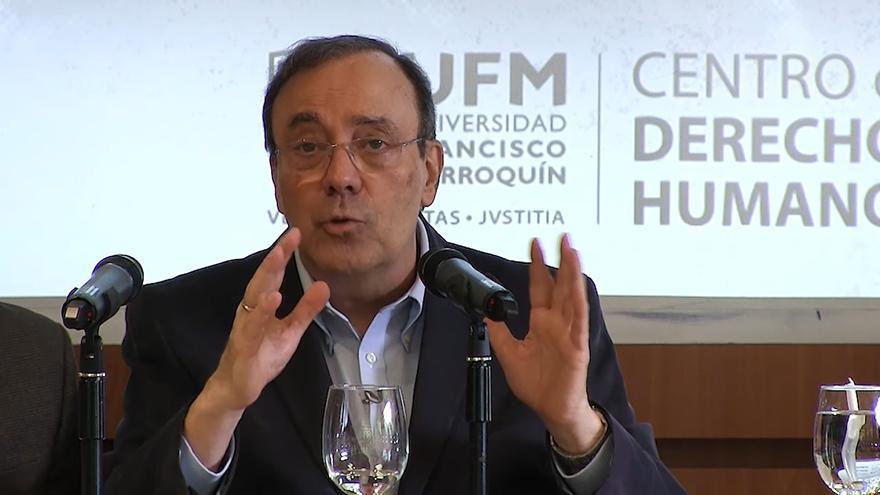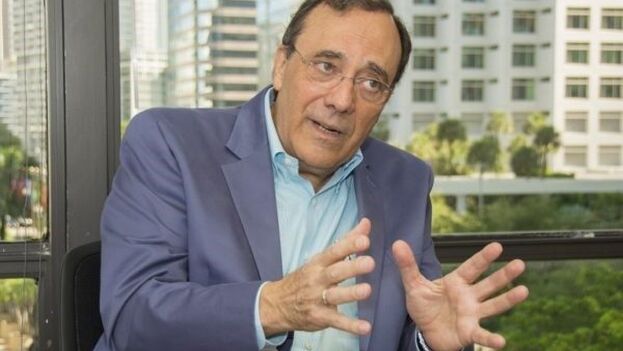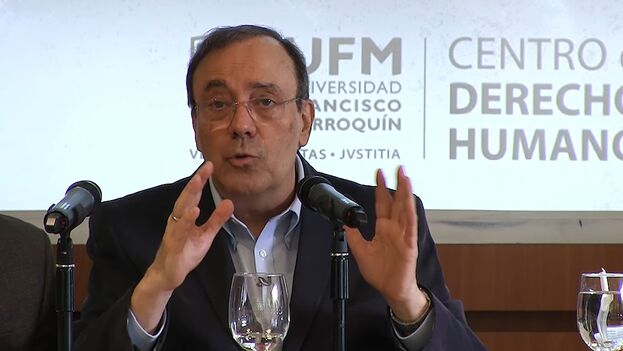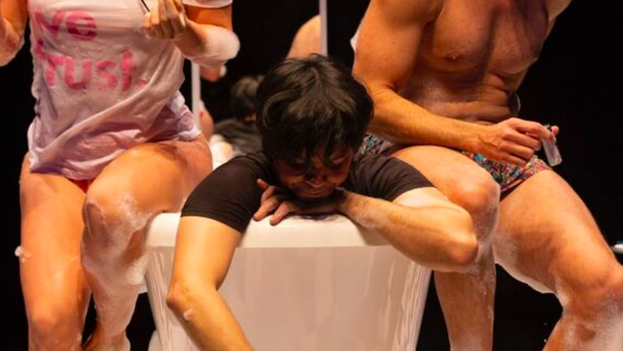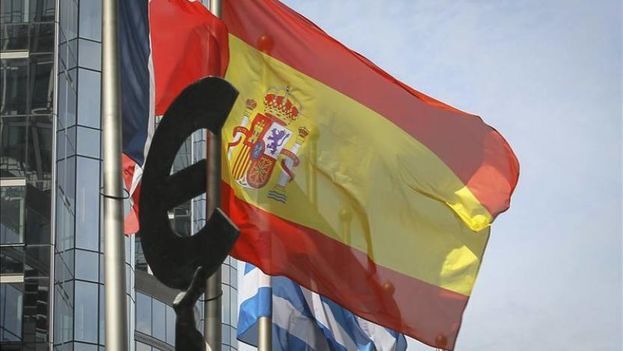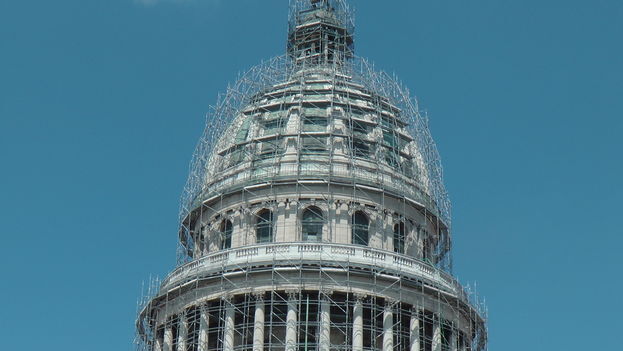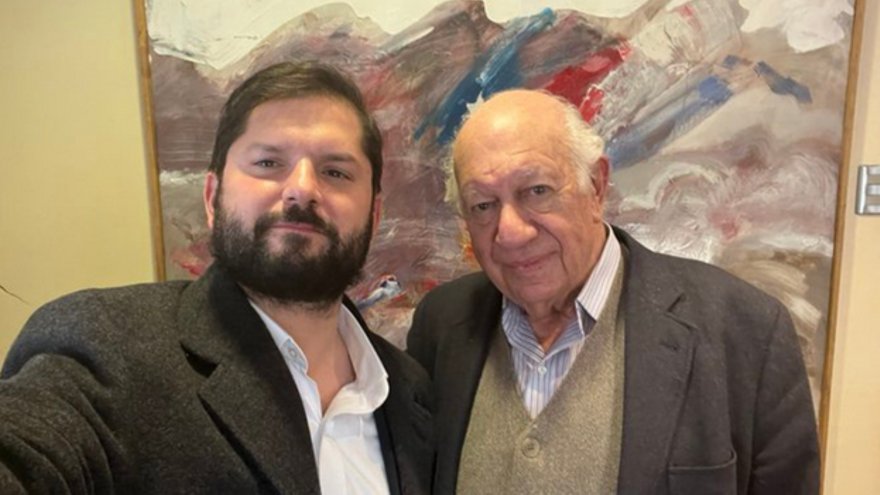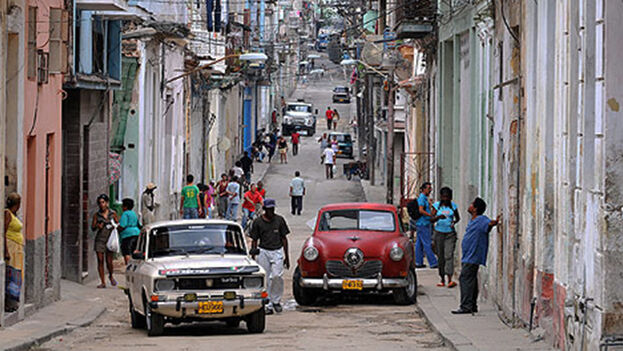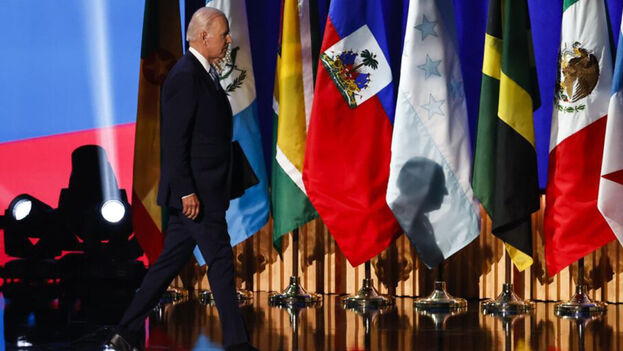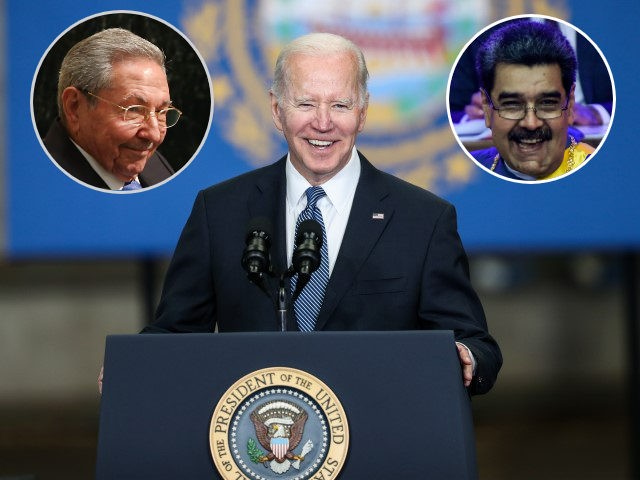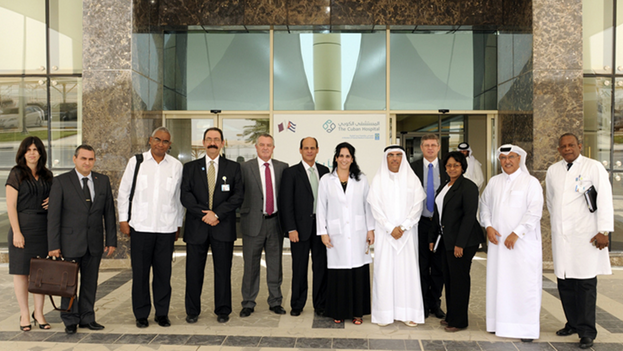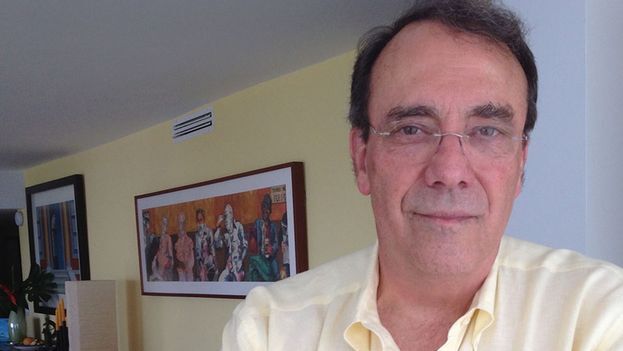
14ymedio, Carlos Alberto Montaner, Madrid, 3 July 2023 — When you read this article I will be dead. “Living is a right, not an obligation,” said Ramón Sampedro, a Spaniard who had become a quadriplegic after an accident on the beach. His life, his fight to be allowed access to assisted suicide and his death were interpreted in the cinema by Javier Bardem in the film Mar adentro.
“Don Carlos, are you going back to live in Spain?” asked an amazed neighbor from Brickell Avenue, where I was living in Miami. “No. I’m going to die in Spain,” I kindly replied, with a smile, and continued on my way. After all, I lived 40 years in Madrid, my intention was to live again in my apartment across from El Retiro park, I have Spanish nationality and I firmly believe in euthanasia and assisted death, as do, fortunately, more than 70% of Spaniards.
I started writing this article in Miami at the beginning of 2022 and I conclude it by dictating it, since I currently have great difficulties writing. At that moment, before being informed of a more severe diagnosis, I came to the conclusion that I would not allow the Parkinson’s that I had suffered for a few years to take away any more of my faculties. By then, I had already lost the ability to improvise orally, but not the ability to write. It seems that the brain houses the two faculties in different places. In any case, everything would get worse.
I started writing this article in Miami at the beginning of 2022 and I conclude it by dictating it, since I currently have great difficulties writing
In March 2021, the Spanish Congress of Deputies approved the euthanasia law by 202 votes in favor, 141 against, and 2 abstentions. It is one of the countries that has it – in the US there is assisted suicide, but only in 10 states and the District of Columbia, out of the 50 of the American Union. Belgium, the Netherlands, New Zealand, Luxembourg, Switzerland, Portugal and Canada have legislated on euthanasia and assisted dying. It is a small number. There are almost 200 nations recognized by the United Nations Organization.
On April 3, 2022, I turned 79 in Miami. It was the age at which my father died of heart disease on March 7, 1992. My mother died at the age of 83 from a “minor” operation (except for her, of course) in the year 2000. According to the admired Italian neurologist Rita Levi -Montalcini, Nobel Prize in Medicine (1986), children, roughly, should calculate their life expectancy by averaging the age at death of the two parents, but adding ten percent, as a result of medical advances. My number was 88 years. It’s too much. I think starting the eighth inning, as my friend Jorge Sonville says, is more than enough. It’s quite a provocation.
My younger brother, Robert Alex, a brilliant physician with whom I discussed the Levi-Montalcini formula, was skeptical of this hypothesis. He argued, with good reason, that those averages didn’t help much. He, my younger brother, died at the age of 69 in the midst of the Covid 19 epidemic. His death occurred on August 1, 2020. At that time, there was no vaccine. I was almost eight years older than he. But my older brother, born in October 1940, Ernesto, is still alive. Of the three, he is the most resistant to life’s adversities.
The purpose of this article is to stimulate the debate on euthanasia: my position is to support it as long as it is a voluntary choice. In the same way that organs are donated while alive, I think it would be enough to put it in writing or designate a person to make the decisions in the event that it is materially impossible to assume that responsibility. This is how, when I arrived in Madrid in October of last year, I delivered a document to the public health service establishing health care and treatment in extreme situations. Thanks to the advice from the beginning of the Right to Die with Dignity Association (DMD) I have been able, with the unconditional support of my loved ones, to overcome all the bureaucratic steps required by a protectionist law. In that way, I started the legal process that has culminated in the approval of the provision of aid to die in my case, since, in accordance with the provisions of the Law, I meet all the requirements for serious, chronic and disabling illness. Until the end of the road I count on the assistance of Social Security professionals.
The purpose of this article is to stimulate the debate on euthanasia: my position is to support it as long as it is a voluntary choice
As if that were not enough, an MRI carried out at the Gregorio Marañón Hospital concluded that I actually suffer from Progressive Supranuclear Palsy (PSP), an atypical and more aggressive Parkinson’s disease. That explains my accelerated lack of eye movement, which prevents me from reading and writing, in addition to the increasing limitations in expressing myself verbally. My daily life, in which reading, writing and oral expression have been my hallmarks, are erased from one day to the next. My body hasn’t been with me for a long time.
I have lived in a country, Spain, for 40 years, at the western end of Europe, of which it was said, unfairly, that the Spanish only understood at the crack of a whip. It was not true. Democracy and freedom are within the reach of any people who propose it. I have returned in the twilight of my life. Here I have turned 80 years old. The last of my existence thanks to the euthanasia law. Does one want a greater freedom than choosing the moment of departure?
I fulfill my wish to die in Madrid, the city that I love and in which I have shared so much with Linda, my beloved wife through good times and bad. I do so while still enjoying the ability to express my will to exercise my right to end my life in a free and dignified manner in accordance with my beliefs. I will not bother you anymore, dear reader. Adiós.
____________
COLLABORATE WITH OUR WORK: The 14ymedio team is committed to practicing serious journalism that reflects Cuba’s reality in all its depth. Thank you for joining us on this long journey. We invite you to continue supporting us by becoming a member of 14ymedio now. Together we can continue transforming journalism in Cuba.

